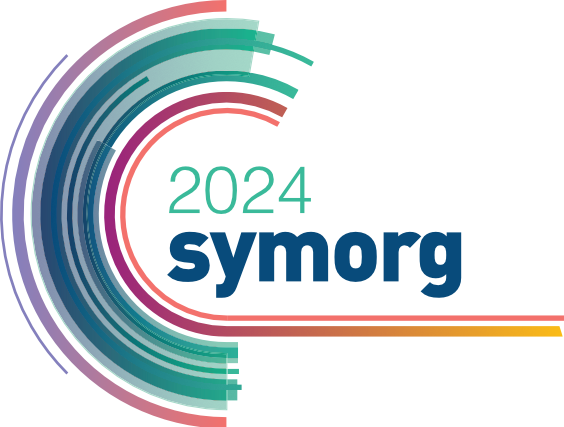Evidence-Based Public Policy Making in a post-COVID Environment
Track moderators

Slobodan Miladinović, Ph.D.
POSITIONS
Full Professor
University of Belgrade – Faculty of Organizational Sciences
Department of Human Resources Management

Danilo Vuković, Ph.D.
POSITIONS
Associate Professor
University of Belgrade- Faculty of Law
Description
The pandemic has placed enormous pressure on governments, businesses and societies. Public policy responses vary from restrictions for business and citizens to financial support (subventions), tax reliefs and other supportive measures. They have been contextually dependent, but also followed a rather unified path across European countries. This section aims to explore these responses from the public policy perspective, i.e., to assess their effectiveness and efficiency, explore viable alternatives, and indicate implications for the post-pandemic world. The section will primarily focus on the Serbian economy and society, but we encourage researchers to take a comparative approach.
Key topics
- Sustainable Business Environment
- Evidence-based Public Policies
- Post-COVID Public Policies
- Financial Support for Business
- Monetary Policies
- Labour Market and Labour Migrations
- Covid and Post-COVID Social Policies
Track keynote speaker

Dražen Maravić
POSITIONS
UN Development Program
Portfolio manager for inclusive political processes and civic participation
The topic and presentation abstract
Anticipatory public governance
Sound public policies must be evidence-based, so it is necessary to accurately set the present situation’s baseline. Anticipatory public governance builds on this approach and introduces the possibility of identifying possible, probable and preferred futures in policy development, creating scenarios, identifying risks, and mobilizing stakeholders to realize the desired future vision. The timeframe for such public policies would be longer than the usual medium-term framework of 3-5 years, conditioned by political cycles. Anticipatory public governance becomes possible only by reaching a consensus on priorities and leading an inclusive consultation process. The precondition is the development of ” futures literacy” in public administration.
For the Serbian version, please check the following document.
















